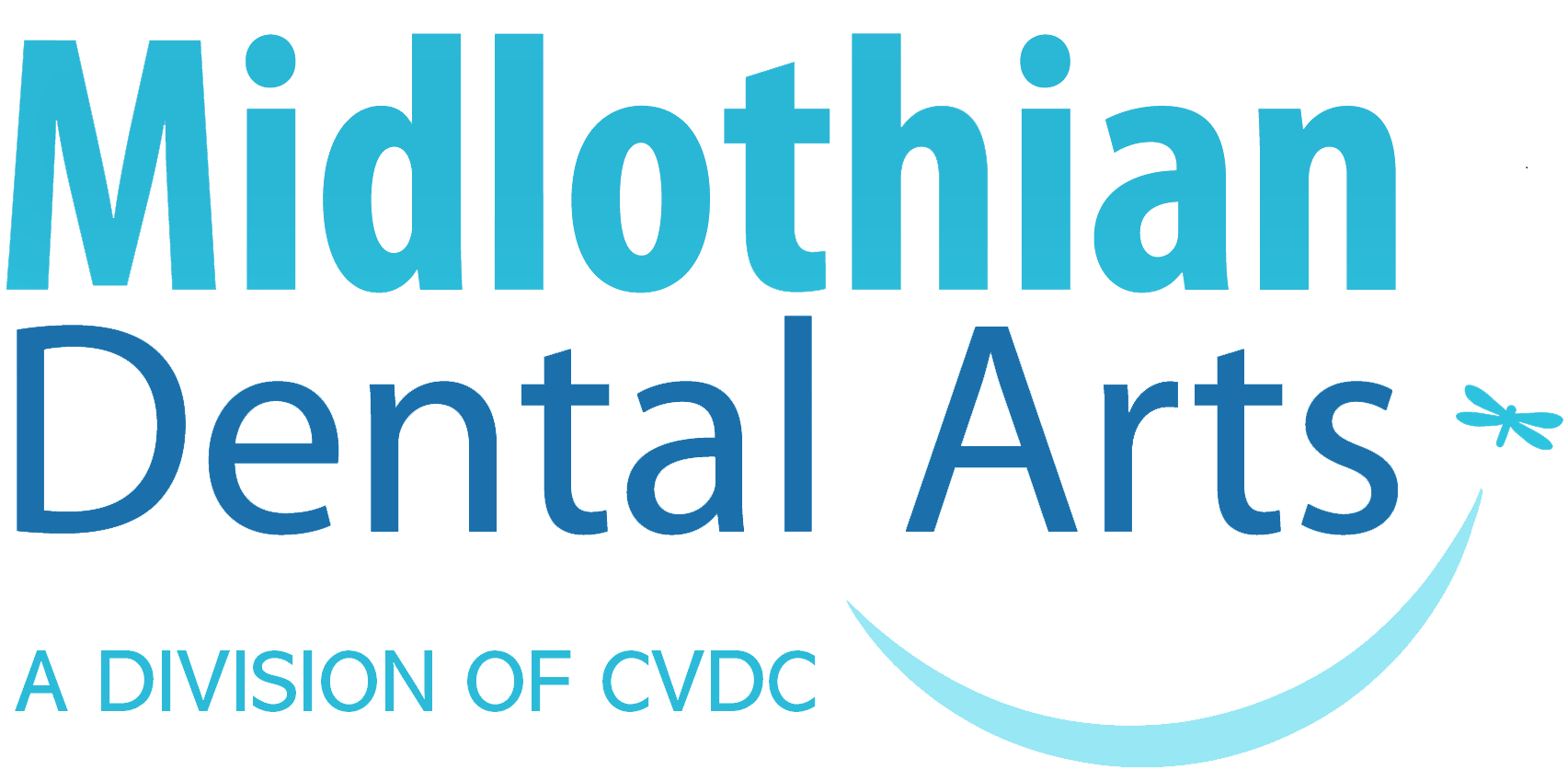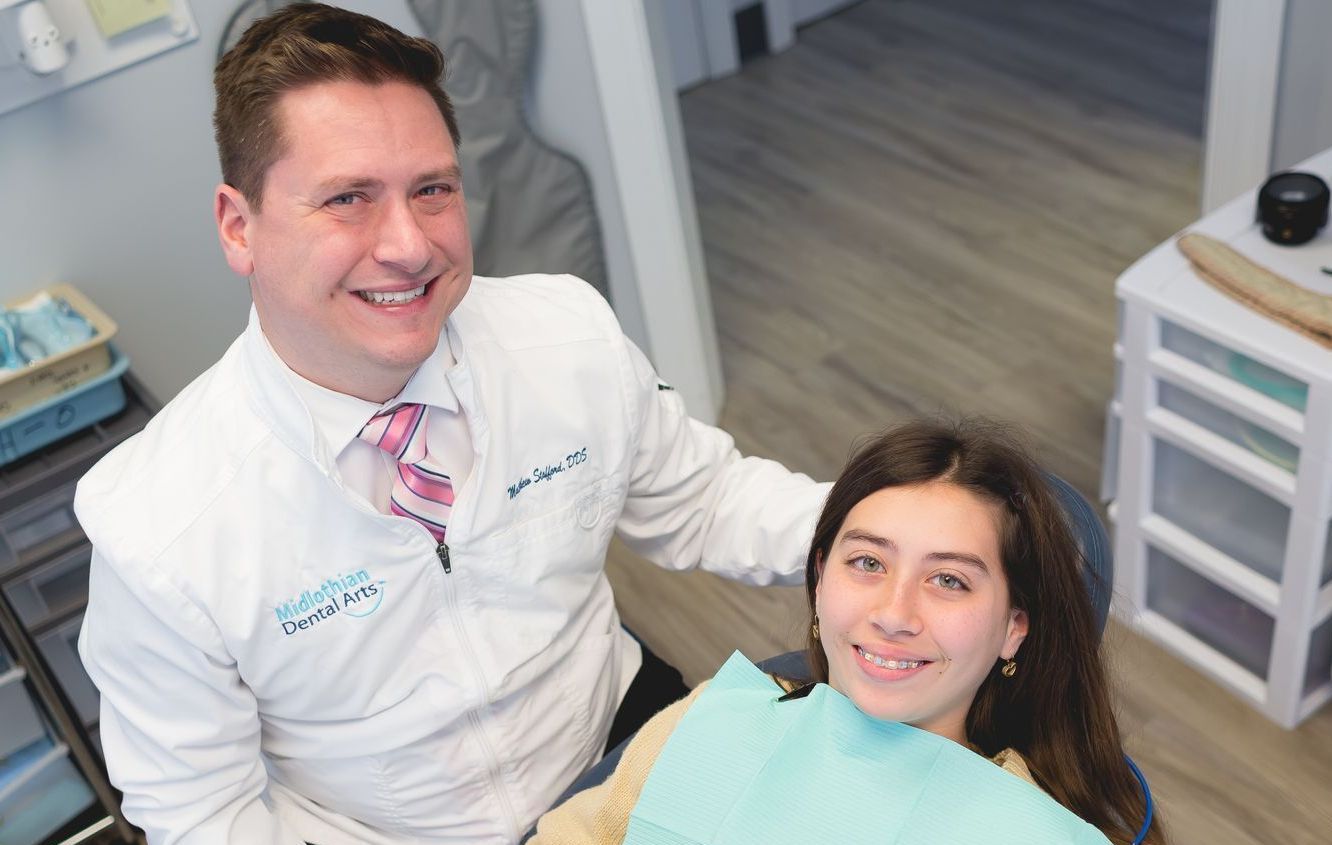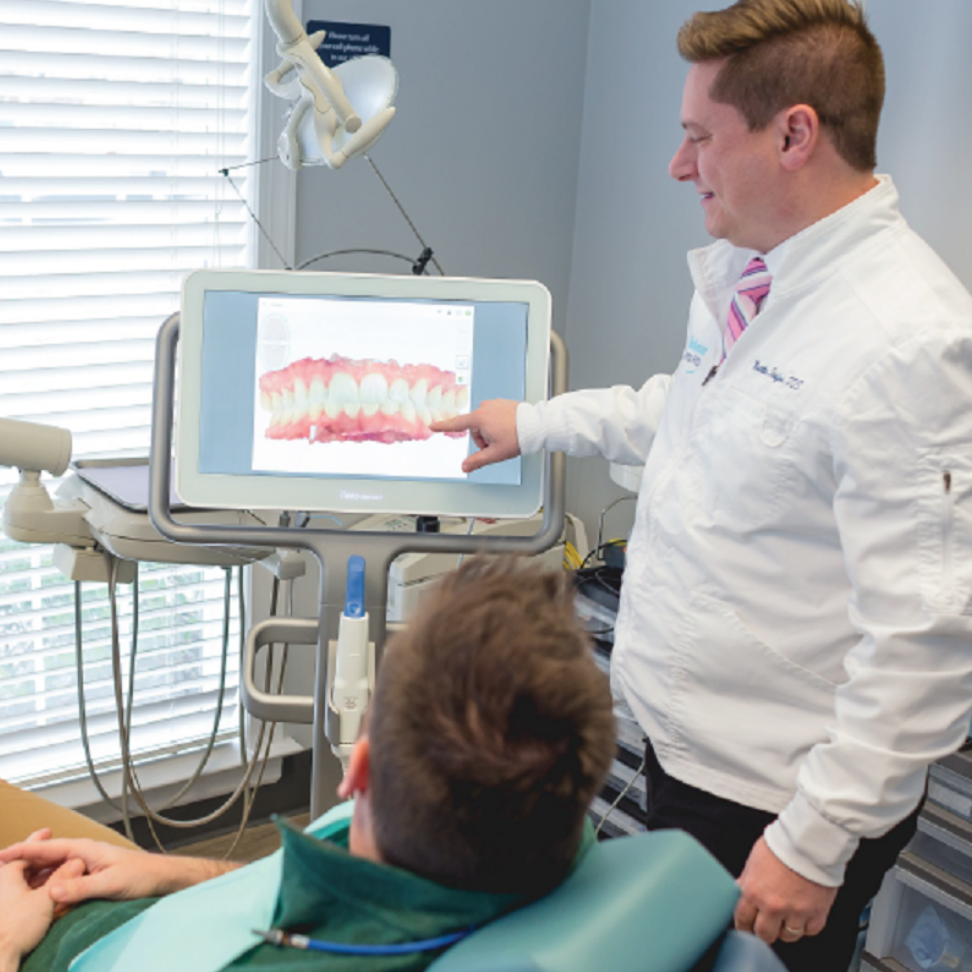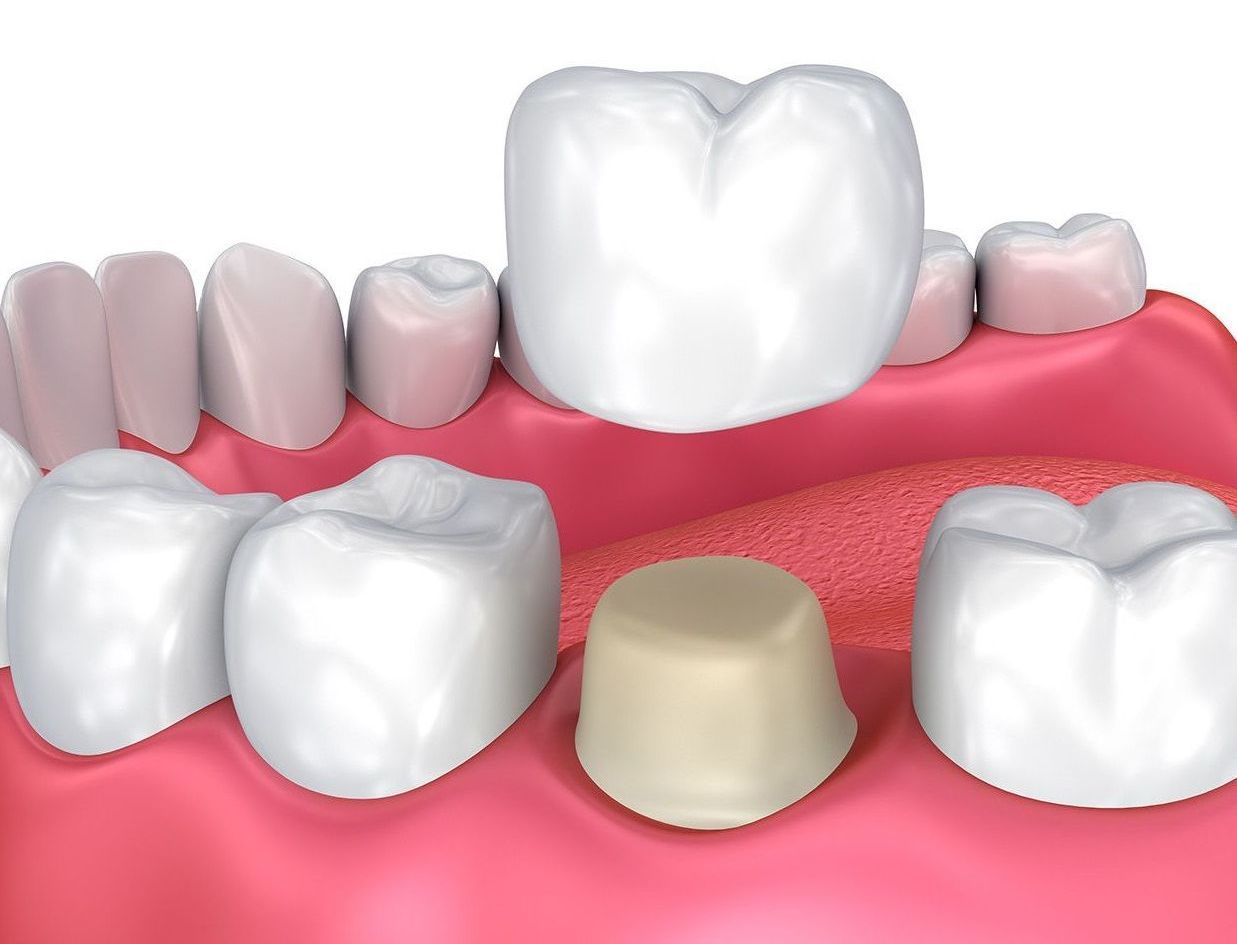Alzheimer's & Gum Disease?
Cutting edge research suggests that oral health and dementia may be linked. Periodontal disease, or gum disease, is very common affecting over 50% of adults. Gingivitis, the first stage of gum disease shows up as red or swollen gums and gums that bleed. Yes! this is what’s going on when there is bleeding when flossing or brushing your teeth and gums.
Bacterial plaques- tiny fortresses of sugars, fats, and acids that the bacteria in your mouth build- cause the inflammation. Imagine microscopic collections of these sticky white fortresses sitting next to the gums and making them angry. The treatment is to remove these plaques. This is best done by preventing them from forming with proper brushing and flossing twice a day; however, all hope is not lost if gingivitis has already set in since it can often be reversed with good dental hygiene. BUT if left untreated, gingivitis can progress to a more advanced gum disease called periodontitis where pockets form between the teeth and gums. These pockets trap bacteria deep below your gums making it hard to keep your teeth clean. This can lead to bone loss around your teeth, causing gum recession and even tooth loss. When this happens, deeper cleanings will be recommended to prevent it from worsening.
Various types of dementia are caused by a myriad of different causes and even some of the better known types like Alzheimer’s disease aren’t completely understood. A study found that one of the bacteria involved in gum disease Porphyromonas gingivalis (P. gingivalis) was found in the brains of patients with Alzheimer’s. While many more studies would be needed to make a definitive connection between periodontal disease and Alzheimer’s, countless studies have shown a connection between oral health and overall health. For example, patients with periodontal disease are more likely to experience strokes or cardiac events. Maintaining healthy gums isn’t important just for fresh breath but is essential to staying healthy overall. You can keep your gums healthy by brushing regularly and flossing. Routine dental care, at least every 6 months, will help identify and treat any gingivitis while it’s still reversible. If you have any questions or want to know if you have any signs of gingivitis please ask at your next visit.










